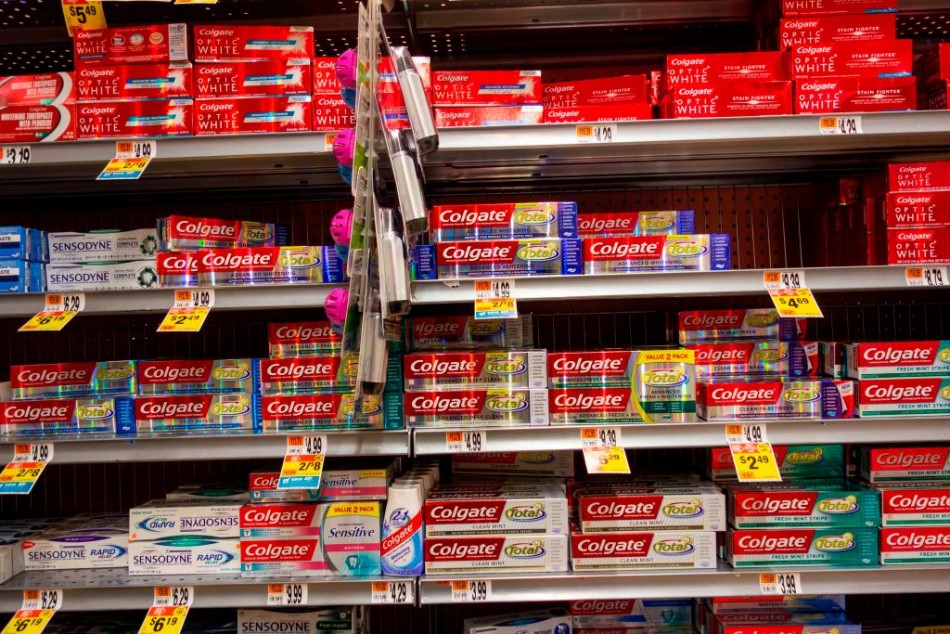Hope & Comfort Founder Jeff Feingold Becomes CNN Hero for Working to End Hygiene Insecurity

Jeff Feingold, the founder of the non-profit organization Hope & Comfort, has been recognized as a CNN Hero for his work to end hygiene insecurity in disadvantaged families.
Hygiene insecurity is another pressing issue among the impoverished population already dealing with lack of food and homelessness. Feingold's work on Hope & Comfort covers access to basic needs like soap, toothpaste, shampoo, toilet paper, sanitary pads, and diapers which aren't part of the food stamp benefits.
Feingold realized a need for hygiene products when he dropped off his first food donations to a local charity in 2010.
"The social worker told me that hygiene products were hard to get, and food stamps didn't cover them," Feingold told CNN.
Read Also: Milk Crate Challenge Earns 82 Million Views on Tiktok, Doctors Warn Parents About Injuries
It Started with His Daughter
Feingold realized that he could fulfill a need and help curb hygiene insecurity after speaking with the social worker, whom he met when he brought in donated items as a thanksgiving for his daughter Gracie's second birthday. Following that conversation, Feingold spoke with other non-profits and social workers about food insecurity to learn more about what he could do.
By 2011, the dad launched Hope & Comfort and used his money to purchase toiletries and other basic grooming and hygiene needs. His kids and his wife would help with repacking the items before he'd bring them over to various organizations and shelters, food banks, and youth houses in Massachusetts.
Feingold has also tapped different retailers, manufacturers, and distributors for the supplies, particularly specialty products like the right shampoo for a Black or Brown person's hair texture.
Since the establishment of Hope & Comfort, Feingold estimated that they had distributed almost three million products to 200 non-profits. They also hired workers to help out with the repacking and distribution from a bigger warehouse that has been the center of their operations.
Feingold aims to give out two million items for 2021 alone, especially when washing up with soap is an important aspect of protection from COVID-19 transmissions.
His kids still volunteer at the warehouse. This small idea of starting a donation drive was the dad's way of creating a teachable moment for his son and daughter, which has now benefitted an entire state.
Aside from donating, Hope & Comfort conducts hygiene insecurity education for potential volunteers and has been researching "next-generation delivery systems" that will streamline their operations.
Unspoken Crisis in America
Hygiene insecurity is America's unspoken crisis. No one goes to the streets to demand soap or period products, while toiletries are taxed instead of subsidized when it's as widely needed as food and medicine.
In 2017, a survey revealed that one in three families in the U.S. couldn't afford diapers that would keep their babies clean, dry, and healthy. For some parents, their earnings are better spent on food and paying the electric bill than buying diapers that cost between $18 to $25 a week.
A study funded and released by Kimberly-Clark (Kotex) in 2021 also showed that period poverty has increased to 35 percent since 2018, affecting women's physical and mental health. About 24 percent of Black and Latina women can't afford to buy period products, while 38 percent said they often miss work or school if they have a period because they don't have the needed supplies. Some 68 percent of the study's respondents believe that this should become a public health issue.
Related Article: Baby Formula Recall: 76,000 Units Flagged for Iron Insufficiency
© 2024 ParentHerald.com All rights reserved. Do not reproduce without permission.
* This is a contributed article and this content does not necessarily represent the views of parentherald.com
